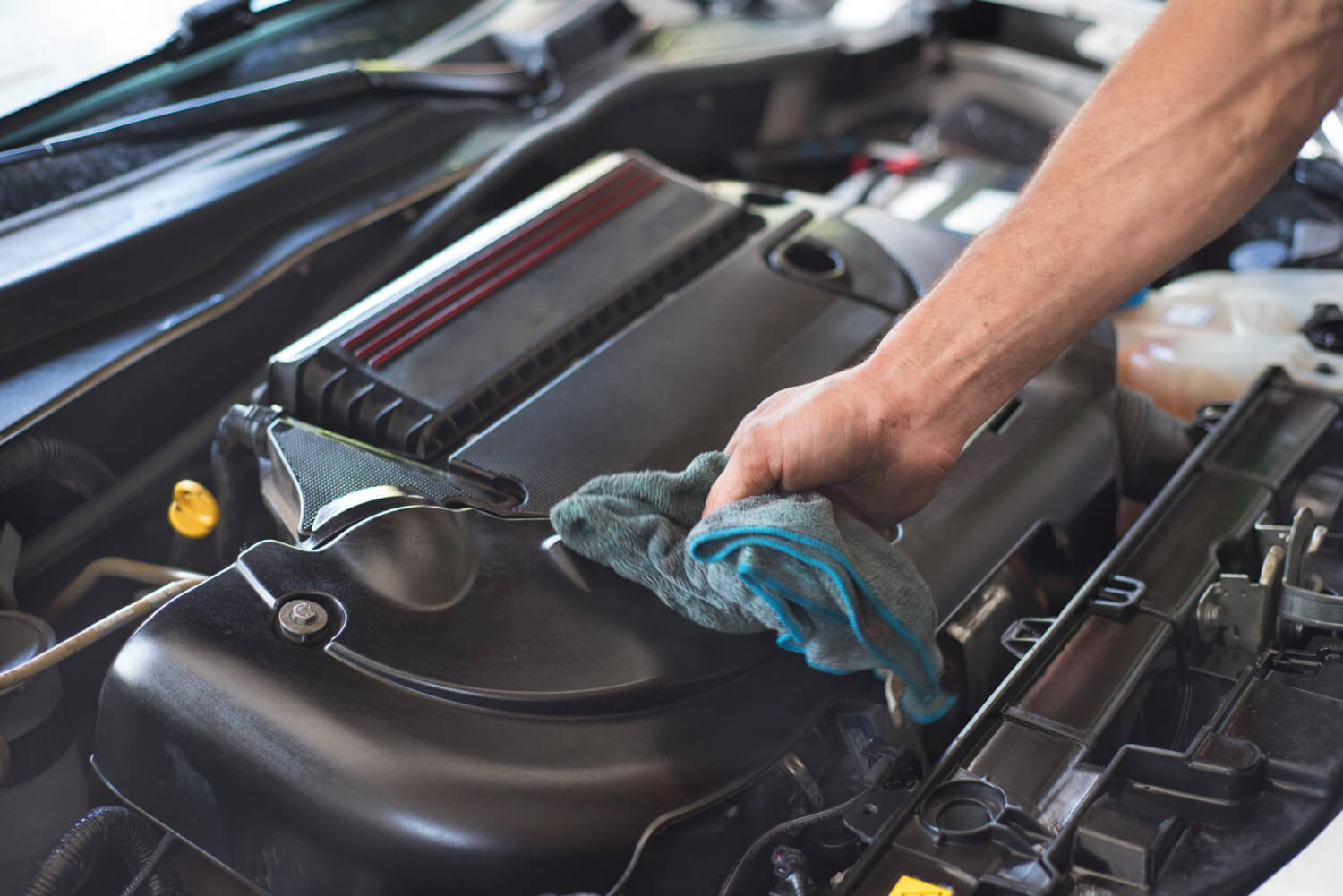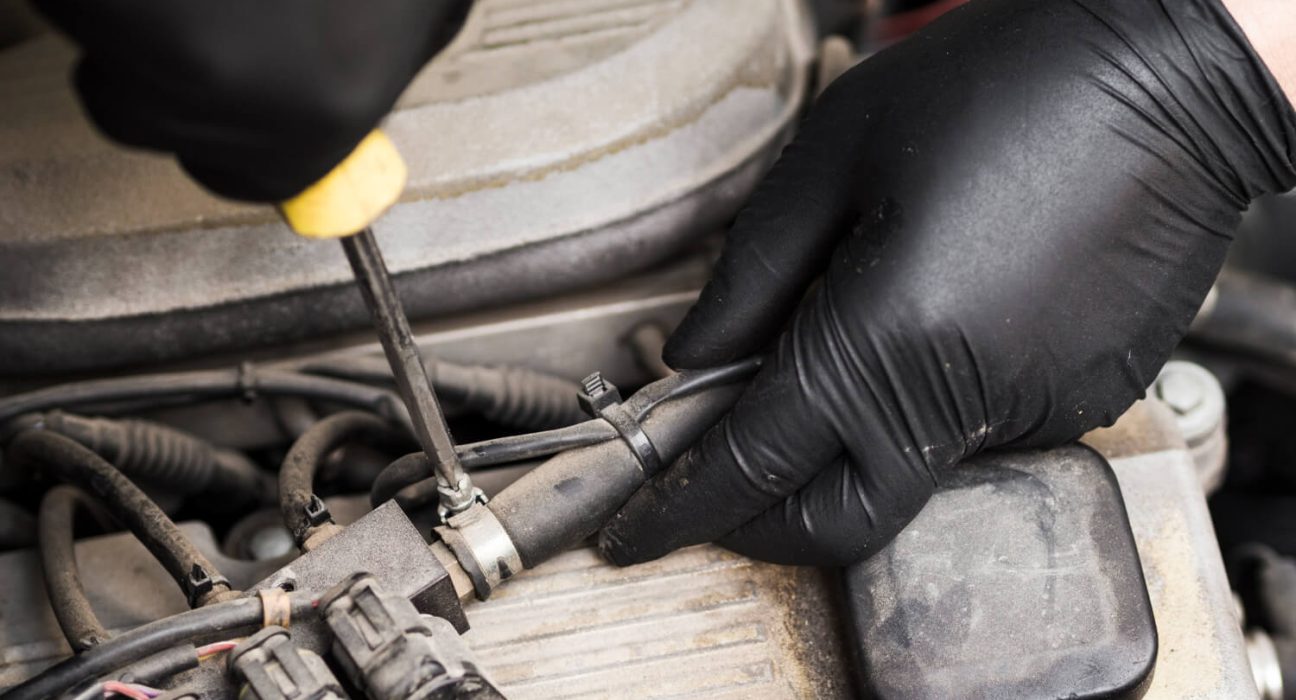Why Engine Carbon Cleaning Matters
Modern vehicles face one of the most common maintenance challenges: carbon buildup inside the engine. Over time, combustion leaves behind carbon deposits that can affect performance, reduce fuel efficiency, and increase harmful emissions. Addressing this problem is essential for both personal vehicles and commercial fleets. One of the most effective solutions available today is engine carbon cleaning, which ensures engines run smoothly, efficiently, and reliably.
Advanced systems like the H2E Machine provide eco-friendly, non-invasive cleaning solutions that target carbon deposits directly, preserving engine components while restoring optimal performance. This technology is revolutionizing engine maintenance by offering faster, safer, and more environmentally responsible alternatives to traditional methods.
Understanding Carbon Buildup
How Carbon Deposits Form
Carbon accumulation occurs naturally during fuel combustion. Factors that accelerate this process include:
- Incomplete combustion from poor fuel quality
- Frequent short trips where the engine does not fully warm up
- Turbocharged engines operating at high temperatures
- Heavy or prolonged engine loads
Deposits often form on critical engine parts such as intake valves, combustion chambers, fuel injectors, and pistons. Left untreated, these deposits restrict airflow, reduce fuel atomization, and impair spark plug efficiency, leading to diminished engine performance.
Signs of Carbon Buildup
Vehicles suffering from carbon buildup may show several warning signs:
- Reduced acceleration or sluggish response
- Engine knocking or pinging sounds
- Rough idling or frequent misfires
- Increased fuel consumption
- Higher exhaust emissions
Early detection and treatment through engine carbon cleaning can prevent long-term damage and costly repairs, while improving engine efficiency and reliability.
Methods of Engine Carbon Cleaning
Chemical Cleaning
Chemical cleaning involves the use of specialized fuel additives or chemicals introduced into the engine to dissolve carbon deposits. This method is widely accessible, relatively inexpensive, and suitable for light buildup. However, repeated treatments may be necessary for engines with heavy deposits.
Machine-Based Cleaning
Machine-based cleaning uses specialized equipment to remove carbon deposits mechanically or with targeted solvents. This approach avoids dismantling engine components while providing thorough cleaning. Precision systems ensure that sensitive parts, such as sensors or injectors, remain undamaged.
Hydrogen-Based Engine Carbon Cleaning
Hydrogen-based cleaning is among the most advanced and eco-friendly methods. By introducing hydrogen gas into the engine, carbon deposits react and convert into harmless water vapor and carbon dioxide. This non-invasive method is highly efficient, quick, and safe for both engines and the environment. The H2E Machine leverages this technology, providing reliable solutions for personal vehicles, commercial fleets, and industrial engines.

Benefits of Engine Carbon Cleaning
Enhanced Engine Performance
Removing carbon deposits restores the engine’s original power and smoothness. Drivers typically notice improved acceleration, quieter operation, and more consistent engine response.
Fuel Efficiency and Cost Savings
Engines free of carbon deposits operate more efficiently, reducing fuel consumption. Over time, this translates into significant savings, particularly for high-mileage vehicles or fleet operations.
Environmental Advantages
Carbon-free engines produce fewer harmful emissions, supporting cleaner air and compliance with emission standards. Hydrogen-based cleaning methods, such as those used by the H2E Machine, offer environmentally responsible alternatives to chemical cleaning.
Extended Engine Lifespan
Regular carbon cleaning reduces wear on engine components like fuel injectors, valves, and pistons. This preventive maintenance helps avoid premature failure and costly repairs, extending the engine’s operational life.
Maintenance and Best Practices
How Often to Perform Engine Carbon Cleaning
The frequency of carbon cleaning depends on engine type, fuel quality, driving habits, and environmental conditions. Vehicles subjected to frequent stop-and-go traffic, urban driving, or heavy loads may require more frequent cleaning. Following manufacturer recommendations or consulting a professional service provider ensures optimal engine performance.
DIY vs Professional Services
While DIY fuel additives or sprays can help maintain cleanliness, professional engine carbon cleaning services using advanced machines, like the H2E Machine, provide thorough, safe, and lasting results. Combining both approaches helps maintain consistent engine performance, reduce fuel consumption, and prevent long-term damage.
Monitoring Engine Health
Signs that your engine may need carbon cleaning include:
- Loss of acceleration
- Engine knocking or unusual sounds
- Poor fuel economy
- Rough idling or frequent misfires
Using professional engine carbon cleaning services promptly addresses these issues, ensuring the engine operates efficiently and reliably.
Applications Across Vehicle Types
Personal Vehicles
Regular engine carbon cleaning improves everyday driving experience by restoring engine power, reducing fuel consumption, and extending vehicle life. It is particularly beneficial for modern turbocharged or direct-injection engines, which are more prone to carbon accumulation.
Commercial Fleets
Trucks, buses, and delivery vehicles operate under high stress for extended periods. Engine carbon cleaning machines ensure reliability, minimize downtime, and maintain compliance with emission standards, making them a valuable investment for fleet operators.
Industrial and Heavy Machinery
Industrial engines and generators also accumulate carbon over time. Using advanced cleaning technologies enhances efficiency, reduces maintenance costs, and prolongs equipment lifespan.
The Future of Engine Maintenance
The automotive industry is moving towards smarter, more efficient maintenance practices. Real-time engine monitoring systems now detect carbon buildup and trigger timely cleaning interventions. Advanced technologies like hydrogen-based cleaning and automated carbon cleaning machines, such as the H2E Machine, are setting new standards for engine maintenance.
By adopting these innovative solutions, vehicle owners and fleet operators can maintain high-performance engines, reduce operational costs, and minimize environmental impact. As regulations on emissions tighten, engine carbon cleaning will become an essential component of responsible vehicle maintenance.
Conclusion
Engine carbon cleaning is no longer optional—it is a crucial aspect of modern vehicle maintenance. By removing harmful deposits, engines regain optimal performance, improve fuel efficiency, and reduce emissions. Advanced technologies, especially hydrogen-based solutions like the H2E Machine, provide eco-friendly, safe, and efficient ways to clean engines without dismantling components.
Investing in engine carbon cleaning today ensures smoother operation, lower operational costs, and a reduced environmental footprint. Whether for private cars, commercial fleets, or industrial engines, the combination of preventive maintenance and professional carbon cleaning solutions is the key to long-term engine health and reliability.

